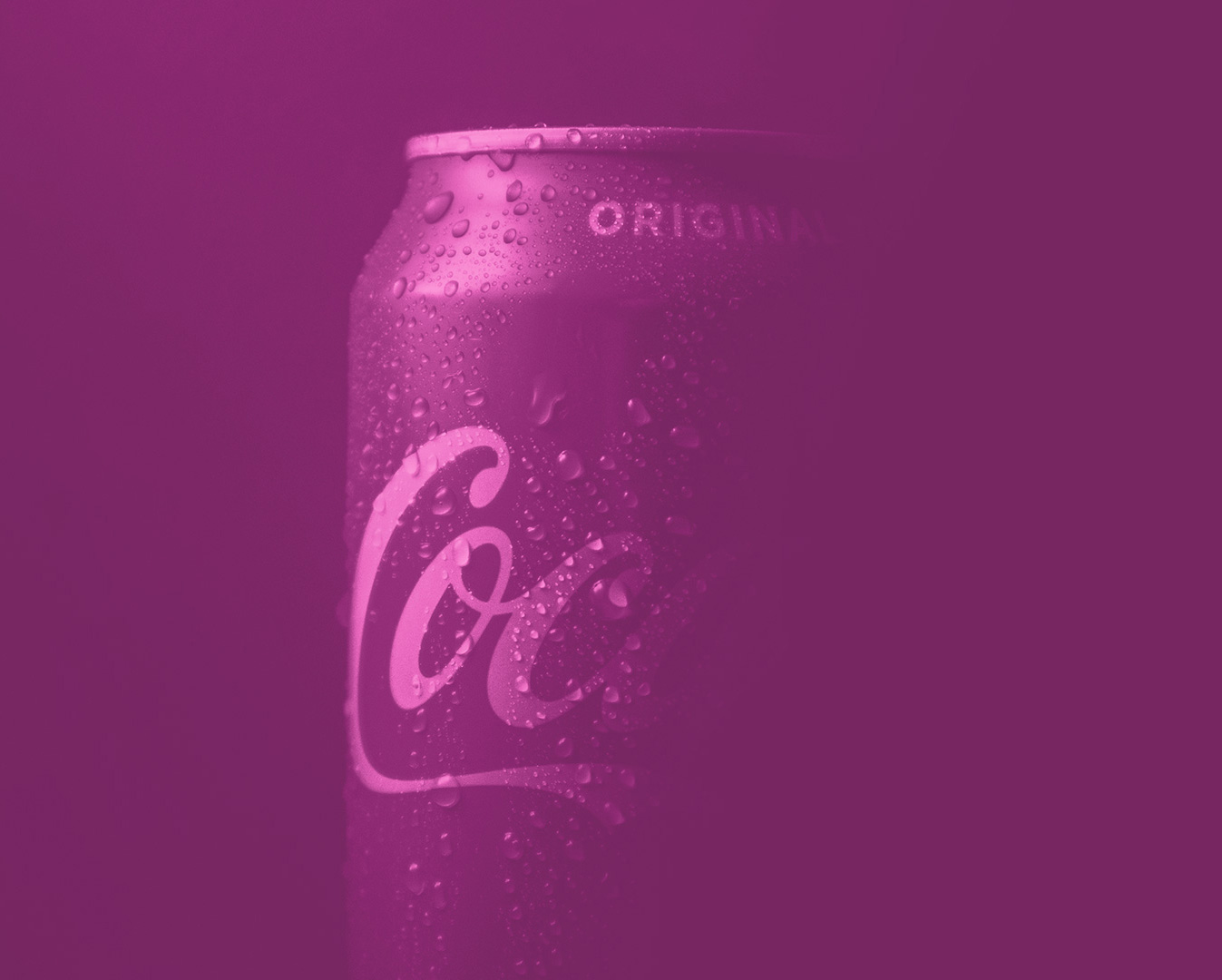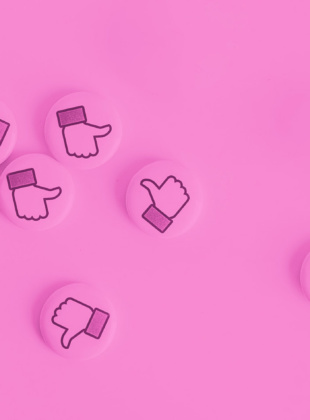Marketing in the midst of a political, economic and public health crisis

No longer the “Choice of a new generation”
The battle between Pepsi and Coke is well storied and part of marketing folklore. Both brands arguably reached their peak in the 80s with Pepsi’s ’Choice of a generation’ campaign featuring megastars such as Michael Jackson and Coke’s ’I’d like to buy the world a Coke’ forever linking the brand to Christmas. However, these iconic brands now find themselves in the same battle, and they are currently both on the losing side.
The Most Connected Brands study shows that both brands are losing traction among younger consumers. This can be linked to less familiarity with the brands’ marketing heydays, combined with a greater focus on health and wellbeing challenging the soft drink category.

Politics and brands collide
America is more divided than at any point in modern history. Political and racial tensions are at their most conflicted since the America Civil war. The division is so prominent that it is even coloring the brands people connect with and use. The Most Connected Brands study shows that political affiliation hugely affects how people view brands, with some becoming casualties of the division and others attempting to exploit it.
One brand unavoidably drawn into the political debate is the US Postal Service, with concerns about voter fraud turning it into a political football, while elevating the brand in the public’s consciousness. Other brands such as Nike are stepping into the debate, with vocal activism for the Black Lives Matter movement, culminating in its recent ‘For once don’t do it’ anti-racism campaign.

Cleanliness is next to godliness
With the study conducted during the midst of the pandemic, the seismic impact that the crisis has had on how we shop, relax and communicate is stark. Two brands that have surprisingly been pushed into the spotlight are Clorox and Lysol. Humble cleaning product manufacturers, both have surged up the Most Connected Brands ranking during the pandemic. With disinfectant a proven weapon against the spread of the virus, stores sold out of the products at the start of the pandemic, with a five-pack of Lysol disinfectant spray being sold for $227.50 at one point on eBay. However, both brands have reacted well to their newfound responsibility, acting as public health guardians, at one point even releasing joint warnings not to consume their products, following an intervention from the President.

Social distancing from entire sectors
One of the most telling changes during the pandemic has been how it has affected the way we socialize. Almost overnight, city centers and offices around the country turned into ghost towns, with consumers following government guidance to only venture out when essential. With many spending long periods at home (often in sweatpants) sectors like fashion and personal care have taken a real hit.

Connecting in a socially-distanced world
The final change driven by the pandemic is how we remain connected with friends and family when socially distanced. The technological explosion in video conferencing and virtual meetings is well-publicized. However, it has also seen more traditional means of connection enjoy something of a revolution. One example is the postal service, with parcel delivery companies and couriers marching up the Most Connection Brands ranking as the nation desperately tries to play a physical role in loved ones’ lives, while forced apart.

Download the full Most Connected Brands US report here.
By Wez Eathorne, Research Director, Opinium




